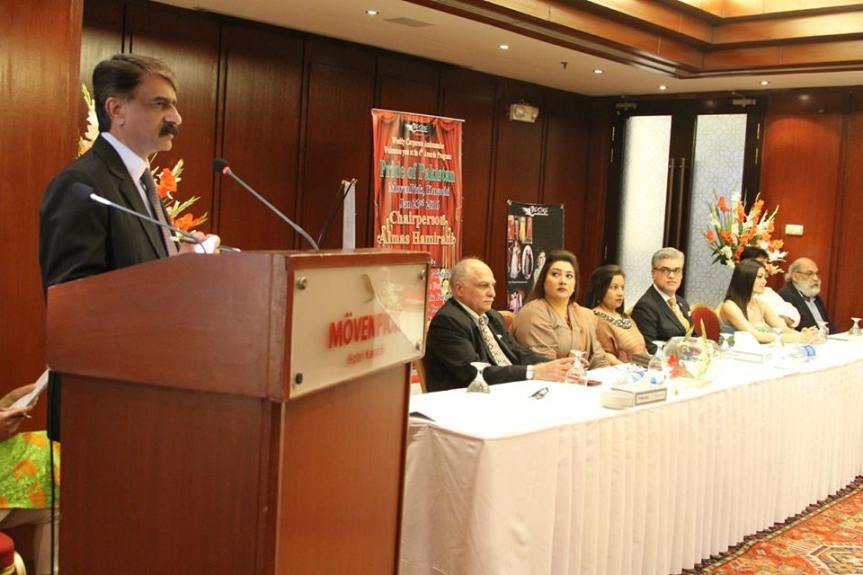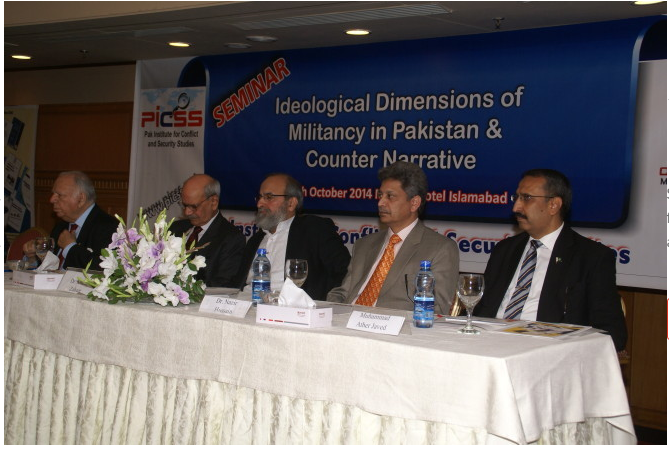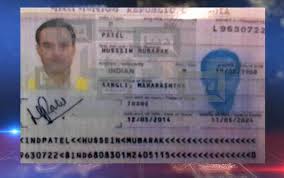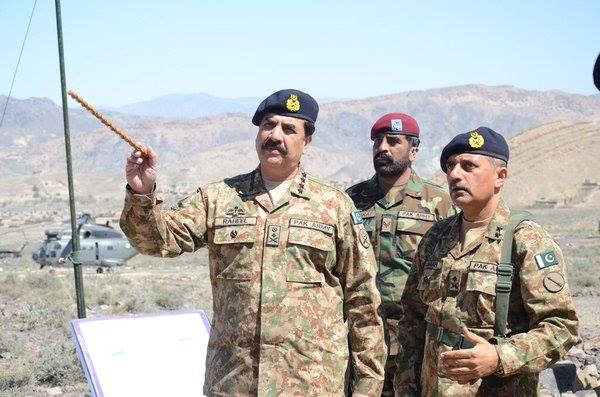
Back in 2005, over 100,000 lives were lost in the deadliest Tsunami disaster in history that hit the Far East, wiping out towns and villages into darkness, yet few lives were saved by the Mangrove population with no deaths in the forest area.
History has taught us one thing – every battle fought on this soil has eventually been about Land or Water. It is nature that defeats us today, as global warming increases high risk to lands surrounded by coastlines. We are living next to one of the lesser explored ocean regions.
Karachi city is below sea level in the South of the country while Badin is already partially submerged. Rising water temperatures due to dumping plastic waste and food has further made the water more deadly for marine life and human populations that depend on the ocean. Public awareness on environment degradation has been poor as state governments remain casual and unaware of the implications.
Every day, we have less land to live now and even lesser water to drink. Research indicates that by 2030, over 90 million children will be impacted and over 5 million will die to exposure to arsenic in drinking water. Land reclamation is usually misunderstood. Usually, it involves modifying waterways or wetlands to convert them into usable land, to facilitate development.
Human tend to settle near water for they need it for survival but also because waterways can be used as a method of transportation for people and goods. This practice is ancient and profitable for human development. Another way to define it is as a process in which damaged land is restored to its natural state. In both cases, there is a fundamental element to alter the design of the land to achieve a desired goal or objective. These days it is called Land Grabbing.
For example, if a beach becomes severely eroded, beach nourishment may be used to restore the beach, preserving the existing natural environment. Land reclamation is also used in regions that experience desertification – turning virgin land into farm land or heavily polluted land to be used to remove pollutants and promote re-establishment of native plant and animal species. Moreover, mining areas can also be reclaimed through this process.
In Netherlands, about 1/6th of the entire country reclaimed from the sea, lakes, marshes and a swamp making up over7000 km of total land has been reclaimed. About 38% in South Korea, 20% in Singapore, 170 % of the original size of Macao, 76% of the actual size of Bahrain, Japan, Monaco, even Mumbai with an archipelago of 7 separate islands were joined together by Land reclamation, making it into a harbor city. So the concept of land over water has benefitted nations where applied for that purpose alone.
Another classic example is the recent creation of the Palm Islands in Dubai which technically are artificial peninsulas constructed of sand dredged from the bottom of the sea. The sand is sprayed by the dredging ships, guided by GPS in the required area in a process called rain-bowing, due to the way the sand arcs when sprayed. The putter edge of each Palms encircling crescent is a large rock breakwater. The breakwater of the Palm Jumeirah has over 7 million tons of rock. Each rock was placed individually by a crane, signed off by a diver and given a GPS coordinate. But not all nations can invest that kind of physical and financial commitment to achieve such success rates.
The Mirror has two faces. Despite the advantages it has, the process of land reclamation if not implemented in correctness, can destroy land and its formation, affect habitat, affect human population and expose society to deadly environmental impact and calamity. Yes, it helps create more building, increase land mass, infrastructure , housing and industry and yes citizens may be very happy with the increased amount of land if it benefits the nation. Unfortunately in a country like Pakistan, this process has been useful in one thing and one thing alone – Grabbing land and illegally occupying land through corruption and power.
Pakistan is one of the least environmental-complaint countries in the world with one of the worst record rankings on Human Rights, Environment Sustainability, Education and Health. Here, the worst affected people are the common folk, better known as the general population as over 90% of the country s wealth is controlled by a mere 2 % of the power elite, who defy every law in the book and skip all scrutiny. Beyond that they also let the country rot and wither, leaving in the direct contact with negative
environmental affects that are globally affecting lives and causing major concern worldwide.
We need to clearly understand the importance of maintaining the “balance “ between land and water. Land reclamation here is damaging corals and marine life. By 2050, the world oceans will have more plastic waste pollution dumped in the oceans than the total number of fishes found in the water. For example, corals are usually moved to another place whenever land is to be reclaimed. The corals do not survive as they are not re-planted anywhere by anyone and are left to die out immediately. This affects the food chain. This causes depletion of marine natural resources affecting the lives and existence of many species of fish that are vital for marine as well as human populations that thrive and rely on fish as their basic food supplement and also their basic source of income through fishing.
The underwater plantations are destroyed after land reclamation and fishes are left with no food which affects the food chain in itself. Water itself gets polluted from the soil used to reclaim land, blocking out sunlight and causes a lot of death within the marine habitat. Reclaimed land is not very strong and can sink underwater in quite some cases wherever natural disasters like Earthquakes or Tsunami s take shape.
We have successfully destroyed one of the most vital parts of our coastal belt and the only shield against natural calamity – our Mangrove plantations. Perhaps the most important role of the mangroves is that they protect vulnerable coastlines like ours from the wave-action by holding soil together and preventing coastal erosion. Mangroves shield inland areas from storms and minimize damage. They are fish nurseries as they serve as a source of food for fishes, shrimps and crabs that live in rivers and shallow areas of the sea. Mangroves break down pollutants. For example, just one hectare of mangroves is capable of neutralizing 17 metric tons of carbon (carbon emissions) per year. Mangroves are buffers between land and sea- the typical littoral ecosystem more dynamic than the sea itself. It is a natural prevention tool as land reclamation by the sea since there is a general tendency of water to engulf land.
With global warming rising every year, sever climate changes are forging severe and faster changes in the ocean cycles. We all know that throughout the world, most of the coastal areas will be impacted by the rising sea levels. Karachi in Sind and other coastal areas of the country are at risk. Mangroves must be preserved and planted to safeguard us against nature s most dangerous creation – the rising sea. Past World Bank reports have indicated this danger. For example, Vietnam is among one of the 5 countries
hardest hit by climate change and it is expected that sea levels will rise up to 5 meters throughout its 3200 km coastline and over 35% of its population will be under threat of extinction and over 16 % of the country will go under water.
I think that we are ignoring harsh realities thinking that nothing will or can happen to our coastlines. Survival of mankind depends on own environmental clock that keeps ticking every day. We have not learnt from the 1999 Cyclone Orissa in India nor have we learnt from the Cyclone Sidr in Bangladesh of 2007. The Asian Tsunami killed over 225,000 in one day. The Environmental Doomsday Clock is ticking and it is only a matter of time before it is too late to walk away from the biggest environmental disaster for the county.
About Writer: Zeeshan Shah is a Freelance writer and often writes on issues relating to environment, governance and public policy.


























